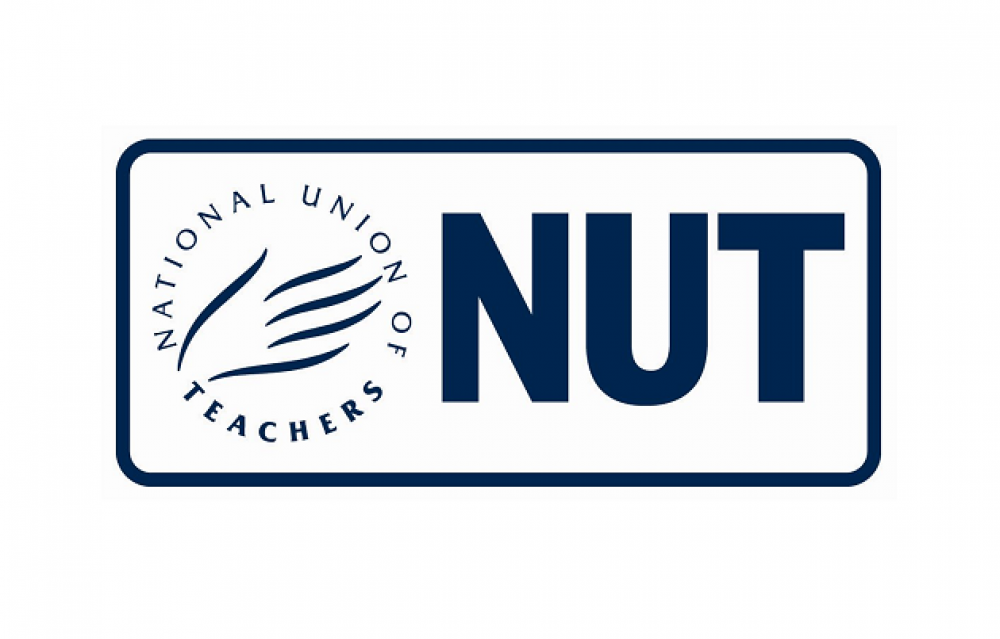The National Union of Teachers (NUT) has published the results of a series of surveys of its members. Here’s what we found.
Primary tests should be cancelled
The survey revealed that 86 per cent of respondents want this summer’s primary tests cancelled. The NUT’s leadership says this is significant because these are teachers who have spent a lot of time preparing for the tests, and so wouldn’t call for their cancellation lightly.
97 per cent of respondents said they believed the new system was “likely to brand children as ‘failures’ and 86 per cents said they have created a curriculum that is “too narrow”.
Primary assessment changes have been ‘chaotic’
NUT general secretary Christine Blower has described the findings as “shocking” and accused the government of “implementing changes to primary assessment in a chaotic way”.
Morale in primary schools is low
86 per cent of primary teachers said their morale had declined in the last two years and three quarters describe their morale as low or very low.
Workload was cited as a factor by 93 per cent of respondents, and three quarters said it had actually increased since the government launched its “workload challenge” in 2014.
Other reasons given included the rapid pace of curriculum change (60 per cent) and teacher mental health concerns (50 per cent).
Class sizes in secondary schools are increasing
Six in ten secondary teachers said average class sizes were on the rise in their schools, and 59 per cent said they had fewer resources and materials for pupils.
Closures of local services are affecting schools
More than three quarters (78 per cent) said they believed mental health issues were having a negative impact on the educational achievement of the students that they taught, but 71 per cent said they didn’t think the services available to their school matched the level of need for counselling or mental health support.
65 per cent said they were “frustrated” that the lack of specialist SEN services was having a negative impact on pupils.
The “educational experience” is narrowing in secondary schools
When asked about the EBacc, 77 per cent of teachers did not think it was flexible enough “to meet the range of learner needs in their secondary school”. 60 per cent said it had already “decreased learning opportunities” in their school.
A focus on exam results is “harming” pupils
Of the secondary school teachers who responded to the survey, 85 per cent said current government accountability measures were “harming the self-esteem, confidence and mental health” of their pupils.
91 per cent argued the effect of accountability on assessment was “undermining good teaching and learning”. 92 per cent agreed accountability measures “reduce the quality and time for teacher-pupil interaction”.
The NUT surveyed 5,247 primary teachers and 3,785 secondary teachers by email earlier this month. The union has not said what proportion of those approached this represents.
A government spokesperson said parents expected their children to leave primary school having “mastered the basics of literacy and numeracy”, adding: “A high-quality education in English – and the ability to communicate effectively – is an important part of the government’s commitment to extend opportunity to all.
“All of the documents necessary for the tests and teacher assessments at key stage 2 have been available since September 2015 – the beginning of the academic year in which these assessments are due to be made.
“We have also recently published some exemplification materials to support teachers making their judgements. We are always willing to engage in discussion with teaching unions to ensure that this transition year goes smoothly.”







Your thoughts